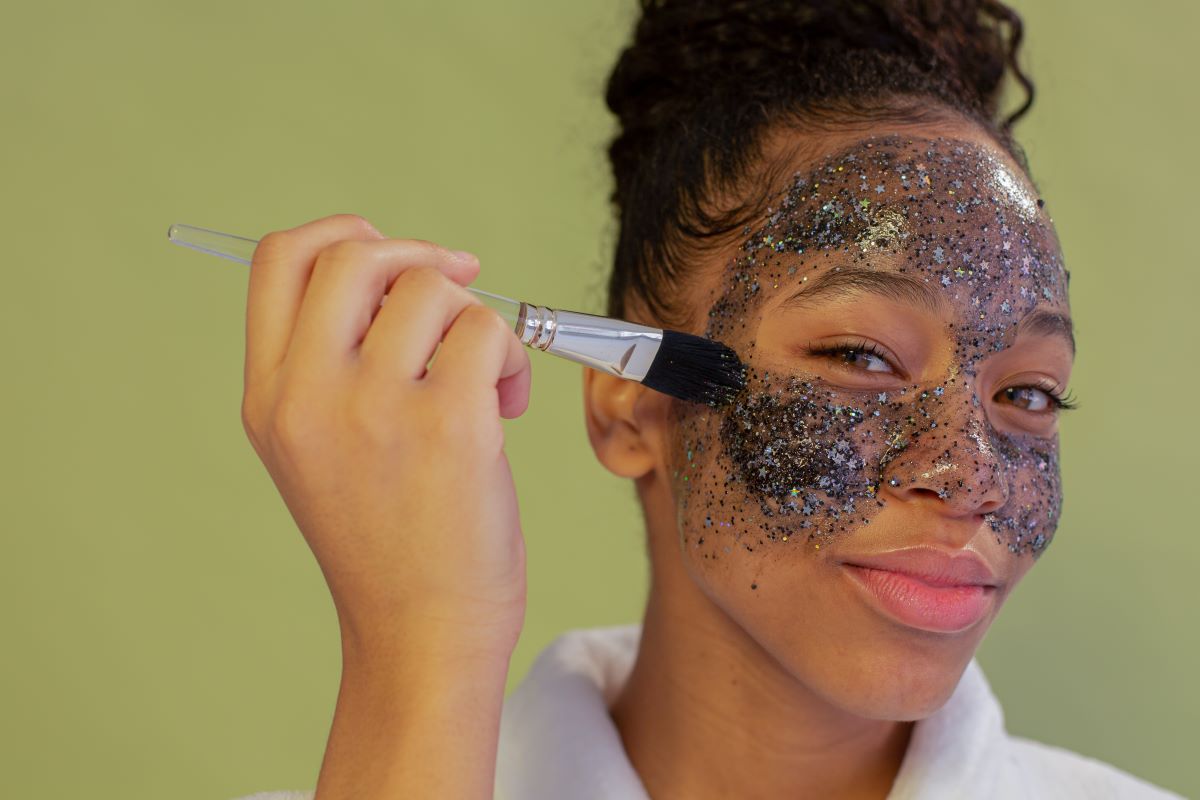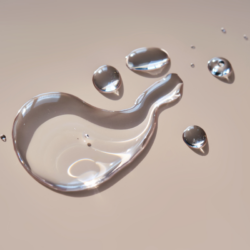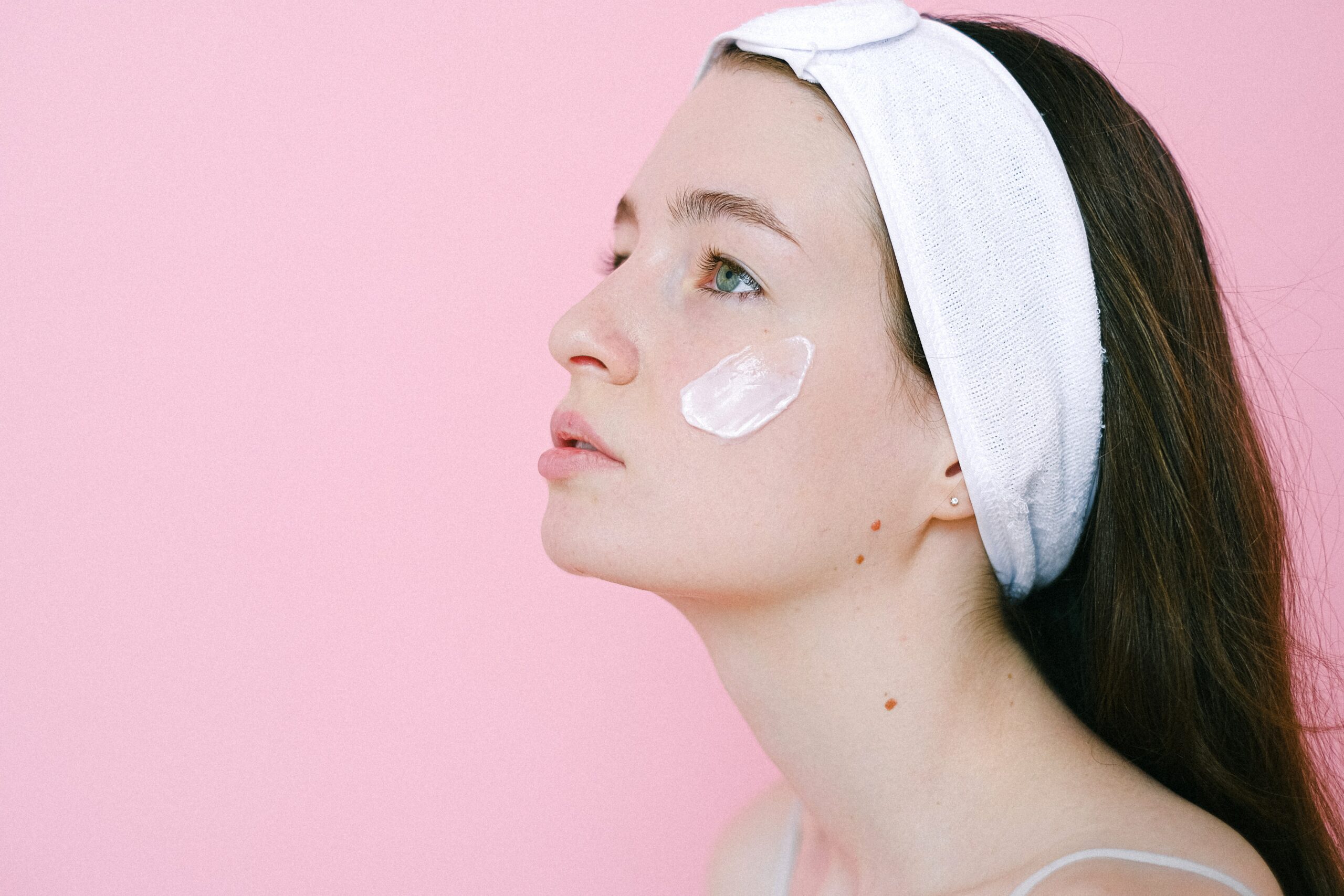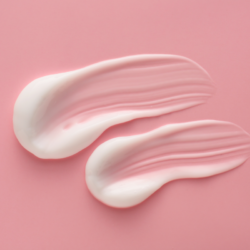There is a sebaceous gland in every pore of the skin. The gland itself produces natural oils called sebum. This keeps the skin moisturised and healthy. However, in some cases, these little glands can start to produce a little too much sebum. This is called oily skin.
Why do I have oily skin?
In order to regulate the production of sebum in your skin, it is important to understand the cause of this overproduction.
A genetic story
Oily skin tends to be hereditary. Indeed, if one of your parents has oily skin, it is very likely that you inherit larger sebaceous glands.
The context in which you live
Although genetics play a role in oily skin, where you live and the time of year can also be a factor. Hot, humid climates tend to exacerbate the problem. In many cases, skin is more oily in summer than in autumn or winter.
Enlarged pores
With time, weight fluctuations and scarring, pores tend to expand and produce more oil.
Hormonal balance
The production of sebum depends on hormones. During ovulation, for example, the level of progesterone is much higher and this leads to an overproduction of sebum. Men, on the other hand, tend to have oilier skin due to their androgen levels.
Using the wrong skin care products for your skin
In fact, using the wrong beauty products can also lead to overproduction of sebum. It is important to consult a professional to create a skincare routine that is adapted to your skin type. it is common for people to mistake their oily skin for combination skin, and use products that are too rich and unsuitable. In conclusion, choosing skincare products that are 100% suited to your skin type can make a huge difference to sebum production.
An overly elaborate skincare routine
While it is important to choose the right products for your skin’s needs, using too many products too often can make oily skin worse. Indeed, when you use products that are too astringent or too exfoliating, you deprive your skin of sebum. In this case, we can say that the skin goes into “emergency” mode and starts to produce more sebum, because it feels attacked. Similarly, not using sunscreen can also dry out the skin, so it’s important to use sunscreen every day. It is not necessary to cleanse your face more than twice a day. Secondly, exfoliating products should only be used once a week.
Do I need to moisturise my skin, even if it is oily?
It’s a myth that your moisturiser is the cause of your oily skin. In fact, if you’re using an acne treatment that contains powerful ingredients like salicylic acid or benzoyl peroxide, you definitely need a quality moisturiser. In fact, without moisture, no matter what your skin type, your skin barrier will dry out and it will no longer be able to perform its protective function. In summary, you should choose a moisturizer with a texture gelled lighter and non-comedogenic. Read labels carefully and choose oil-free products.
Will my oily skin allow me to age less quickly?
The older we get, the more sluggish our skin tends to become: loss of collagen, elasticity, dilation of pores and a decrease in sebum production. Therefore, one of the advantages of having oily skin is that the skin does not age as quickly as on “normal” to dry skin. The overproduction of sebum allows the skin to maintain a higher level of hydration than that of dry skin, thus minimising the appearance of fine dehydration lines. Rebound skin effect guaranteed!





